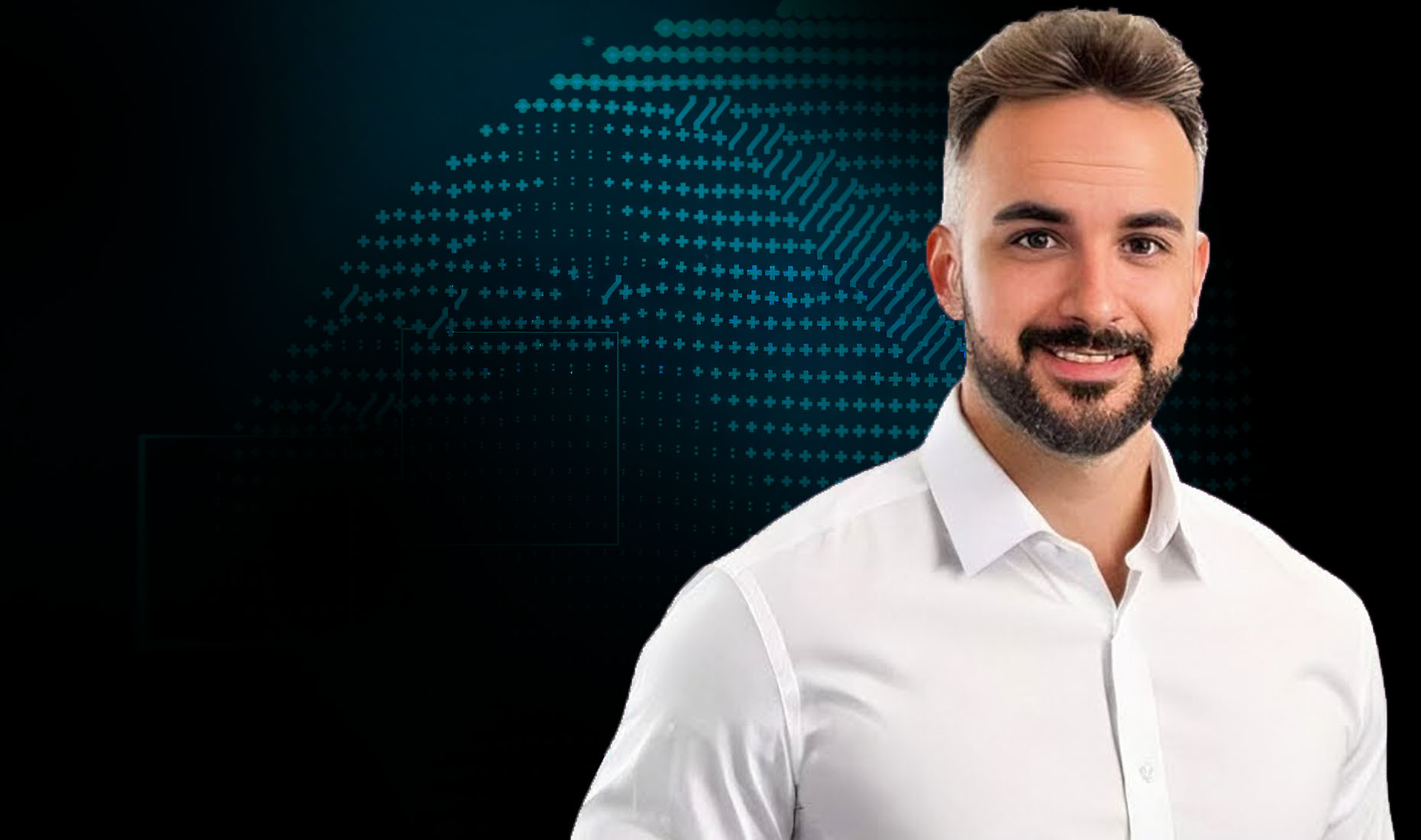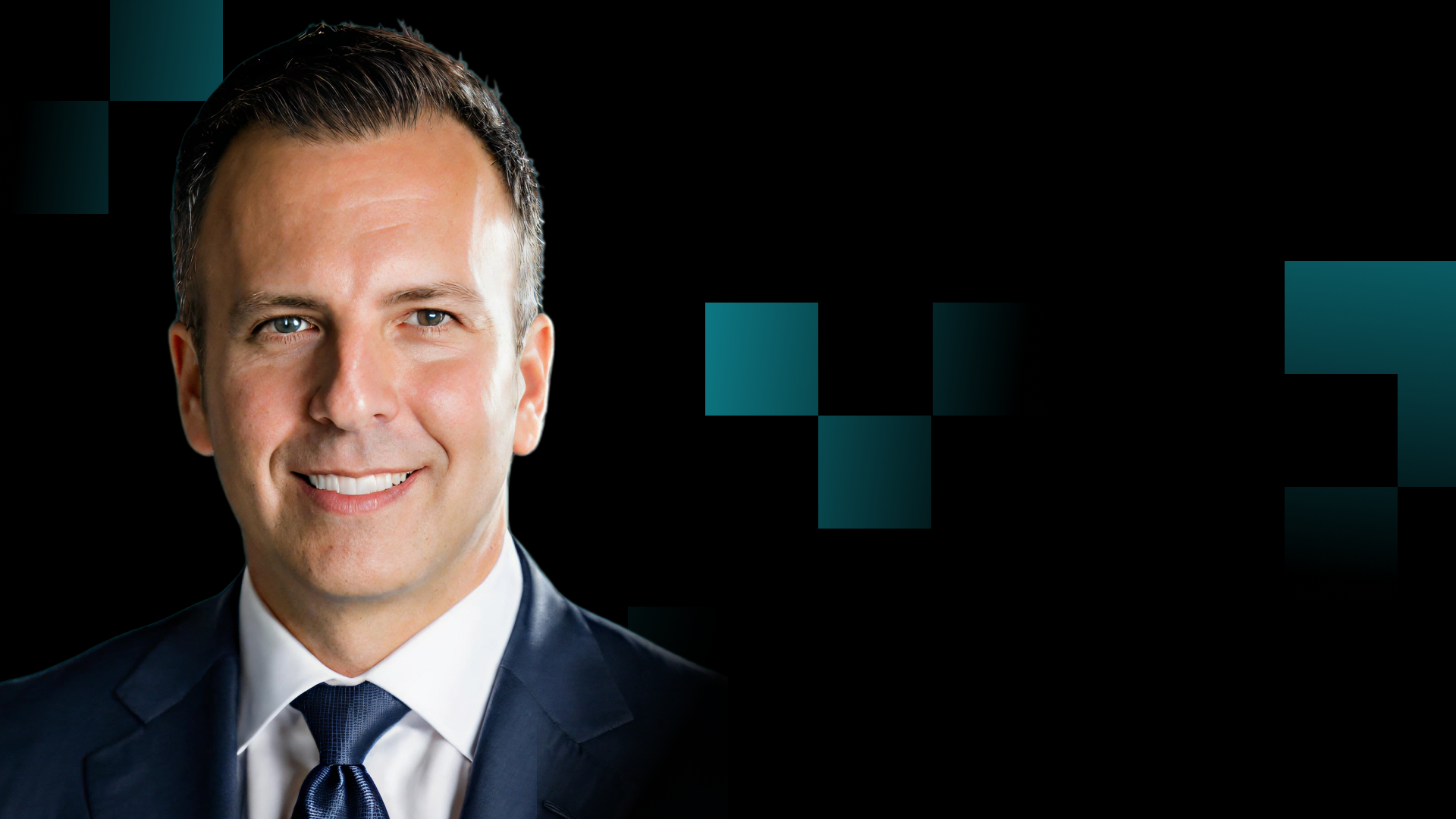Sleiman Serhan is a Business Leader at Inmar Intelligence. In this client feature, he offers a unique insider's perspective on the evolving automotive industry landscape. Sleiman shares insights on the challenges and opportunities presented by data science innovation, and explains why some dealerships have been hesitant to embrace these advancements. He'll also unpack the crucial role of continuous learning and adaptation in navigating this rapidly changing space.
Inmar Automotive, a joint venture between Flow Automotive and data experts Inmar Intelligence, is bridging the gap between retail data expertise and the automotive world. Read on to learn more about Inmar Automotive's mission, Sleiman’s role in it, and why the partnership with Authenticom has been so valuable. Let's dive in.
Can you tell us a bit about Inmar Intelligence and your role there?
This project was created 5-7 years ago as a joint venture between Flow Automotive, a big dealer group in North Carolina, and Inmar Intelligence, an organization with years of experience in the retail and grocery coupon space. Those long coupons you see at Kroger, Albertsons, Publix, Lowe’s Food, etc? That’s Inmar.
We paved a way into the automotive space, a vertical that had nothing to do with retail and grocery. But we believe there’s a bunch of core competencies in data infrastructure and data science we can leverage both in the retail grocery space and in the auto space.
The way Inmar sees it is that the consumer is performing a series of transactions over time, whether that’s on a frequent basis when they buy groceries, or once or twice per year to service their car, or once every five years to buy a new car.
So, I joined initially as a product manager to develop and expand on existing solutions, as we created a B2B advertising technology solution for car dealerships.
What were you doing before this and how did it inform what you do now?
I was in the finance world before, about to take a job at the Central Bank in Lebanon when the Lebanese crisis happened. When the banks collapsed, I left the Central Bank and joined a hedge fund startup in Lebanon.
I was working remotely with hedge funds in Belgium, Switzerland, and France, and I loved it. But then, the Beirut explosion happened, and I wanted to get out. So, I decided to apply to Duke and come to the US and see what I can do.
I learned how to develop my product skills, I learned about agile methodology and scrum and how to think about fast iterations to improve on features. It’s this combination of soft skills and hard skills that made me comfortable in my job.
Tell me a bit about what brought you to working with Authenticom and how it helps you do what you do?
Cars are a big thing in the US, and the whole vendor ecosystem is a highly fragmented market and highly competitive too. So, for each function and vertical, there’s a bunch of competitors.
The technology is more or less the same across all vendors - it’s about the relationships and the vision the company is taking. Once you align on vision and you create that relationship, that’s how you build a partnership organically.
Cars are a big thing in the US, and the whole vendor ecosystem is a highly fragmented market and highly competitive too.
So, that trust, plus a frictionless experience and alignment on vision, that’s what attracted us to Authenticom. They’re an up-and-coming company compared to the other big data management platforms, so we could flexibly integrate with the leadership, which cemented the relationship.
What are some of the biggest changes you’ve noticed in the industry in the last few years, and how are they affecting the way you approach things?
I think the automotive industry has a lot of catching up to do. It’s still lagging behind other industries in terms of having the infrastructure that’s laid out for everything related to data science, and many leaders are sitting on a bunch of data.
There’s a shift happening, and first-party data is becoming more and more important. We’re heading into tough economic times, and there are a lot of economic headwinds for businesses, with interest rates and inflation.
There’s a shift happening, and first-party data is becoming more and more important.
It’s an inflection point for the industry as a whole. Then, you add changing consumer behaviors and the fact that people are using digital more as a means of communication. Then, you have COVID and supply chain issues, which disrupted a lot of consumer behavior and loyalty.
You also see technological changes, such as electric vehicles and autonomous vehicles. Everyone is betting on different things, and they’re not necessarily aligned, because there are so many moving parts.
There’s also a lot of vaporware in the industry, and AI is not ready to be applied like everyone thinks.
So, you want to make sure that you partner with the right people and you want to make sure that you're knowledgeable in the right domains - to make the right bet.
You say the automotive industry is specifically behind on a lot of these things. Why do you think that is?
Dealerships are often owned and operated by a family business. Many dealership owners are starting to retire and transfer assets to their offspring. There’s a mentality of doing things the “old-fashioned old school” way. When your business is generating cash flow, there's no need to change anything.
I think the older generation is resistant to change, especially when it comes to technology. For example, my dad isn't as comfortable with the laptop and the phone, and sometimes he asks me to help him. But if you talk to someone who’s in their thirties or forties about data science, then they're excited.
Plus, there are also the laws and regulations, and the dynamic between OEMs and dealerships. There's a lot of butting heads and conflicts of interest, and OEMs would usually impose technology on the dealerships.
Today, dealerships are like, “We need to innovate on our own. We need to find that nugget and make a bet. If we don't, either we’ll be run out of business because times are changing or we’ll be acquired by a bigger group.”
Everything is changing fast. Even what I studied four years ago - not that it’s not relevant anymore, but it’s not enough. You’ve got to keep educating yourself.
Continuously educating yourself is essential for staying ahead of the curve.
Final question: What do you do for fun?
I play a lot of tennis and I do yoga. I think it’s important to ground yourself more than ever, because we’re always connected to some kind of digital device.
If your body feels good, your thoughts are going to follow. We’re always so anxious these days. Because of these devices, we’re either in the future or the past - reflecting or projecting. But when you’re doing those activities, you’re living in the moment. And that’s the only thing that matters.
In conclusion
Sleiman Serhan’s message is clear: Learn and adapt, or get left behind.
With shifting consumer behaviors, economic headwinds, and technological advancements like electric and autonomous vehicles, dealerships must be willing to embrace data-driven innovation rather than cling to outdated "old-school" methods. By partnering with the right companies like Authenticom, Inmar Automotive is helping bridge the gap between retail data expertise and the evolving automotive landscape.
For more client features and to stay ahead of the curve on what’s happening in the automotive industry, subscribe to The Deets on LinkedIn for monthly updates.















.jpg)


